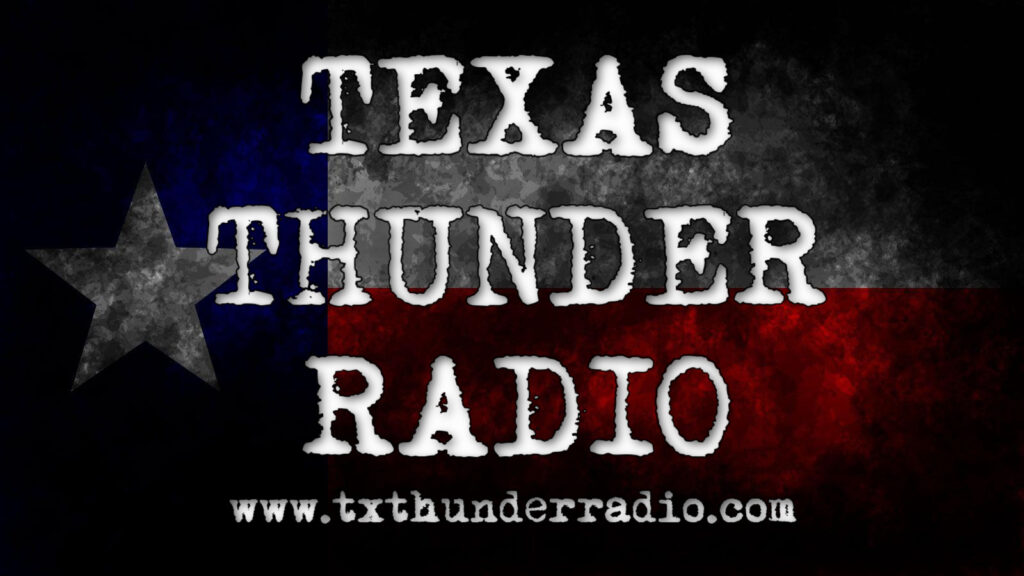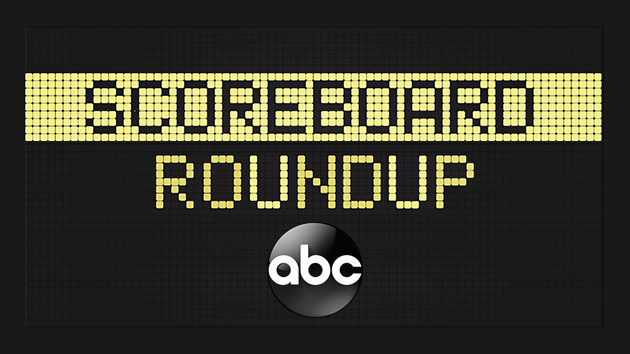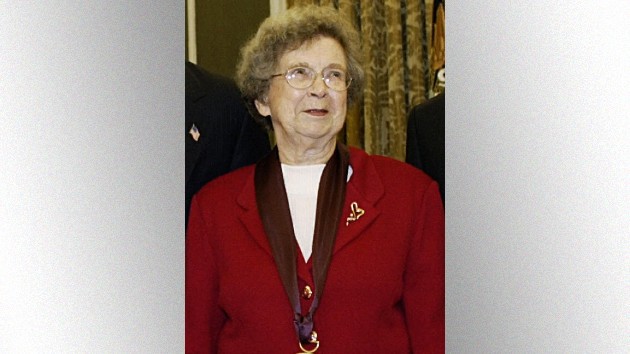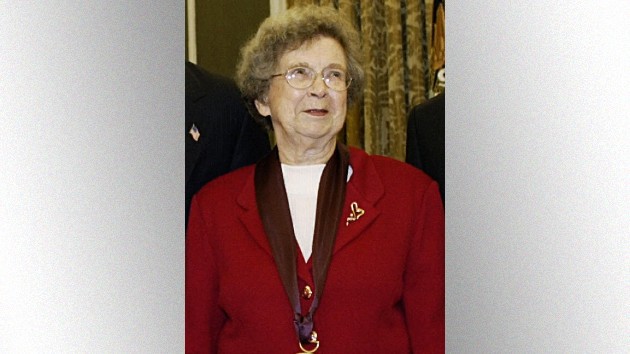 Courtesy of Gonzaga UniversityBy MEREDITH DELISO, ABC News
Courtesy of Gonzaga UniversityBy MEREDITH DELISO, ABC News
(SPOKANE, Wash.) — During March Madness at Gonzaga University, students typically are found camped around the Spokane, Washington, campus, or packed into its arena to root on the Bulldogs — if they didn’t travel to the tournament cities themselves.
This year, of course, is different. Non-essential travel is discouraged by the state, and on-campus watch parties are limited to up to a couple hundred students, seated by household “pods,” on the lawn outside the student center.
“March is a major production at Gonzaga, and what we’re doing is such a scaled-down version of that, that it isn’t even comparable,” Kent Porterfield, vice-provost for student affairs at Gonzaga, told ABC News. “But our students have really appreciated what we are doing, because there’s been so little of that this year. It is fun to see them having fun, but it is really dramatically different.”
Last year, the NCAA canceled the Division I men’s and women’s basketball tournaments a day after the World Health Organization declared COVID-19 a pandemic.
As this year’s bracket heads into the Sweet 16 weekend, officials overseeing bubbles at competing schools are doing everything they can to mark the occasion — while also pleading with students to not let their guard down when it comes to COVID-19.
Gonzaga is one of several universities, including Baylor and Villanova, hosting outdoor watch parties this weekend, with social distancing and mask-wearing enforced.
“We actually believe that it’s better to have some events on campus that we can help monitor than the unsupervised events that occur off campus,” Porterfield said. “The parties and gatherings there are much more risky than the ones on campus. So we’re really working hard to try to make sure that we’re providing opportunities for students to gather safely.”
Loyola University Chicago is asking students to watch the tournament this weekend virtually or in small groups, after a large number of students gathered with “no social distancing” following the university’s recent win, school officials said.
“Some of the behaviors that took place near the Lake Shore Campus this past Sunday after our win against Illinois were not acceptable or responsible forms of celebration,” Student Government President Maddie Drescher and Dean of Students William Rodriguez wrote in a message to students Thursday. “There were many students reported to have violated COVID-19 health and safety protocols, as well as open container laws.”
Such behavior “could set us back and jeopardize future in-person opportunities,” the officials warned.
Ohio University, now out of the men’s tournament, similarly had to address students after a few hundred people gathered over the weekend on Court Street, prompting police to block and clear the area, The Columbus Dispatch reported.
Amid a “concerning” increase in the campus’ COVID-19 infection rate, Syracuse University officials implored students to remain vigilant during March Madness and watch games safely.
“COVID cases are rising among our students and large gatherings could result in greater spread on our campus,” Robert Hradsky, vice president for the student experience, and Department of Public Safety Chief Bobby Maldonado wrote in a letter to students Friday. “Now is not the time to let your guard down.”
The University of Houston had a similar message for its students, especially after Texas lifted COVID-19 restrictions this month.
“I realize we are in a transitional phase and some guidelines may be undergoing changes, but it’s to everyone’s advantage that you continue to take the safest, surest route to good health and pandemic protection,” Dr. Stephen Spann, the University of Houston’s vice president for medical affairs, wrote in a letter to students and staff Thursday, reminding them to continue to wear a mask — required on campus — observe social distancing measures and wash or sanitize their hands regularly.
For some schools, March Madness is occurring amid strict local measures and a minimal campus presence. At UCLA, most classes are remote, and the on-campus population — normally over 11,000 — is around 700 students. Large gatherings are not permitted in Los Angeles County.
Crowds of college students who are ignoring calls for social distancing and mask wearing are worrisome because that population largely has not been eligible to receive the COVID-19 vaccine, medical experts said.
“The most under-vaccinated populations are also the ones that have the greatest mobility, the least amount of social distancing, mask wearing and the ones who have been traveling for spring break,” Dr. John Brownstein, an epidemiologist and chief innovation officer at Boston Children’s Hospital, told ABC News. “The concern is that this is a population that probably is at the greatest risk of potentially some complications when it comes to COVID.”
Brownstein, a contributor to the ABC News Medical Unit, pointed to recent findings in Michigan of large growth in hospitalizations of young adults. From March 1 to March 23, hospitalizations increased by 633% for adults age 30 to 39 and by 800% for adults 40 to 49, according to the Michigan Health & Hospital Association.
“We should be concerned that we haven’t fully protected the population at this point,” Brownstein said. “The NCAA itself has been practicing really strict protocols and trying to keep players safe, and I think the same should extend to the fans. We should be trying to create safe viewing opportunities.”
Players in this year’s March Madness have been undergoing daily COVID-19 testing and staying in a tournament bubble in their respective cities.
Spectators are also limited, with masks and physical distancing required. At the women’s tournament in San Antonio, fans outside of players’ friends and family haven’t been allowed to attend games. Starting with the Sweet 16, there will be a limited capacity of up to 17%. In Indianapolis, the men’s tournament is capped at 25% capacity for all rounds.
Off the court, crowds remain a concern. After videos and photos depicted large groups gathering in downtown Indianapolis last weekend, many not wearing masks or social distancing, the local health department is urging people to follow protocols to help slow the spread of COVID-19.
“We want to work with restaurants and venues to safely host gatherings during the NCAA tournament and in the weeks ahead,” the Marion County Public Health Department said in a statement to ABC Indianapolis affiliate WHAS-TV this week. “We continue asking everyone to wear a mask and stay socially distanced when going out in public. Taking these steps help keep everyone safe during this time.”
Copyright © 2021, ABC Audio. All rights reserved.










